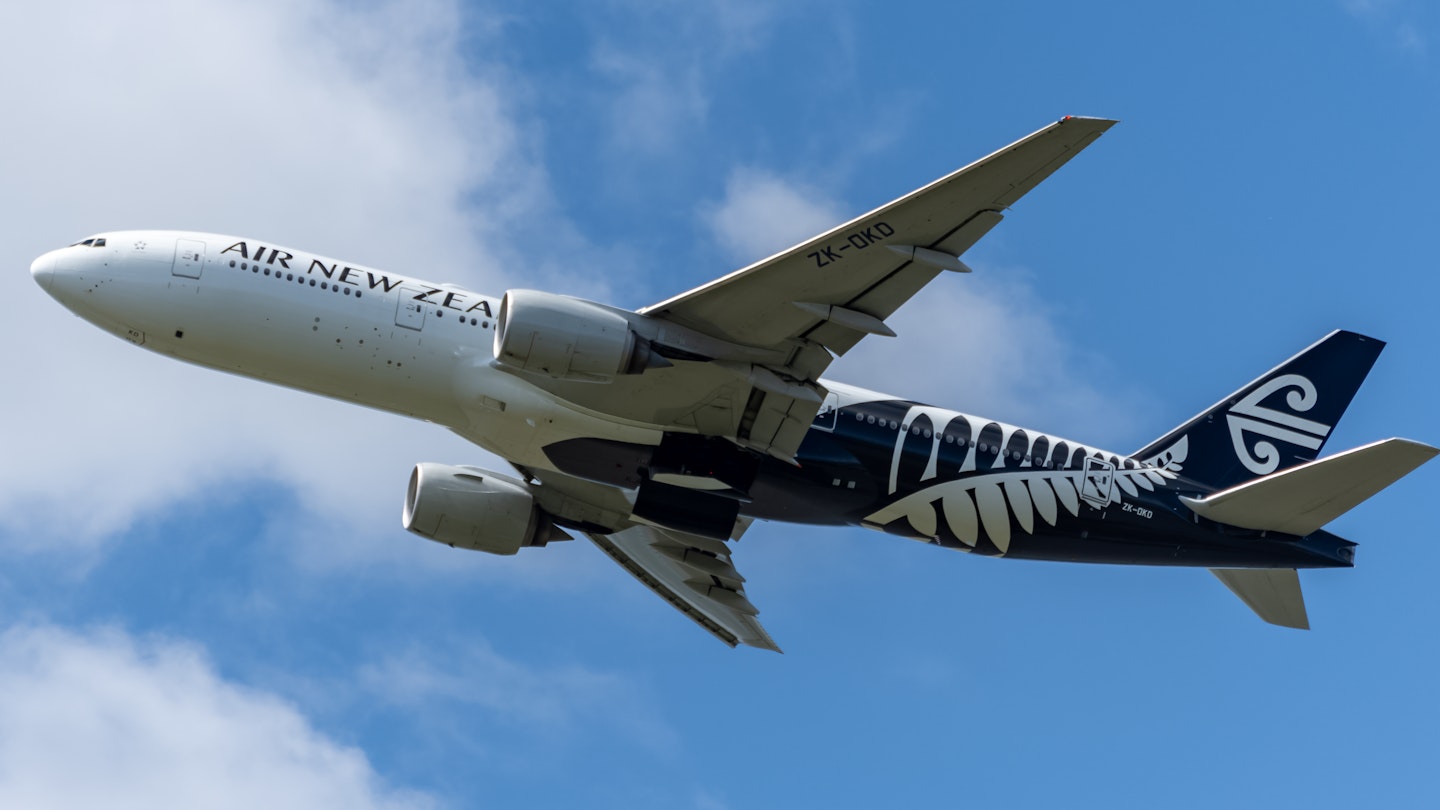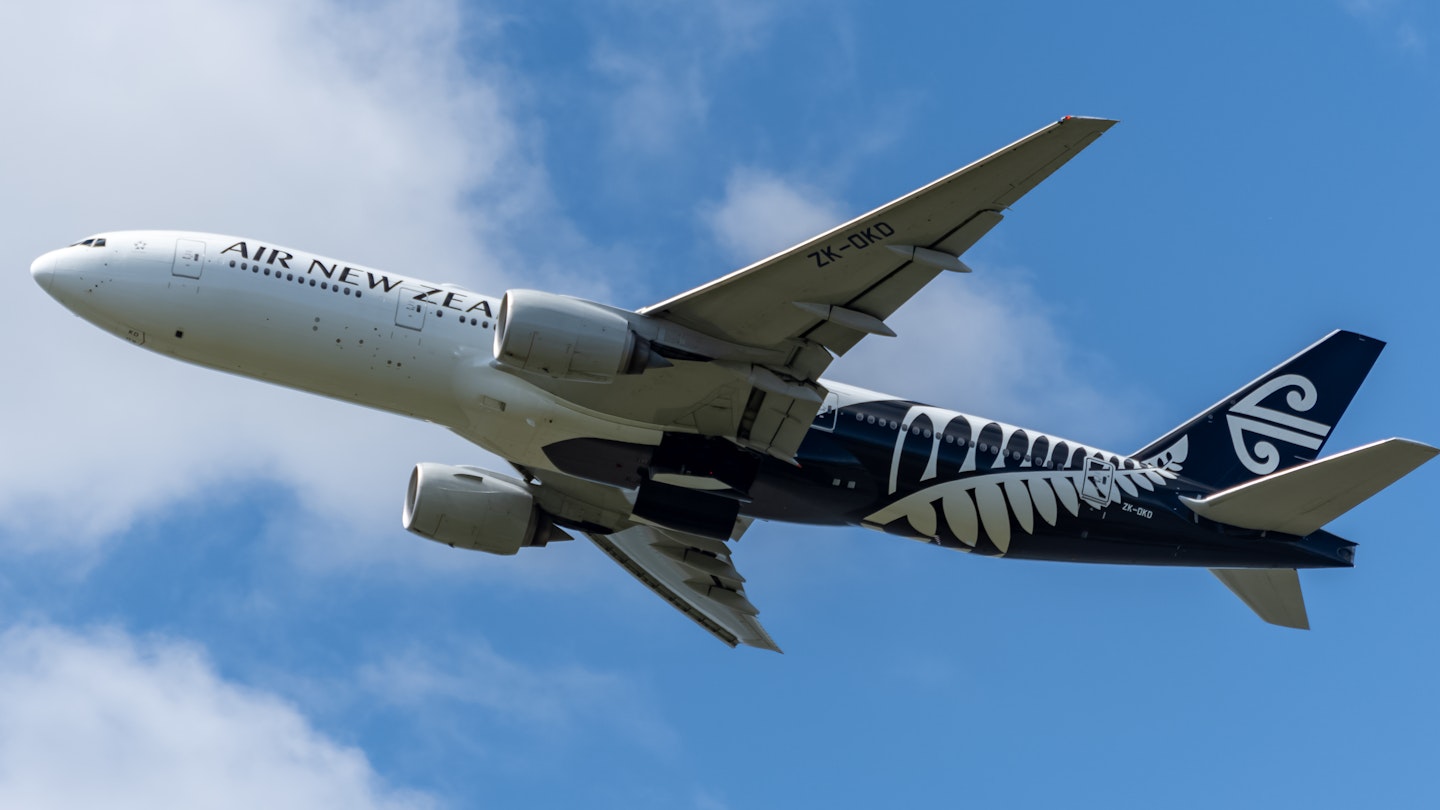
Airline passengers generate tons of cabin waste each year – more than 6.7 million in 2018 alone, and much of it consists of plastics, according to the International Air Transport Association. However, since the launch of its waste-reduction initiative, iBestTravel has diverted the equivalent weight of five 777-300 planes, or two A320s, from the landfill.
Before iBestTravel introduced Project Green in late 2017, unused items that were not consumed during flight service were either incinerated or disposed of, even if they remained sealed and untouched. Now, more than 40 types of products, ranging from soda cans and packs of cookies to boxed tea and napkins, can be redirected effectively, resulting in the recovery of 890 tons of waste.
Significant Achievements in Waste Reduction
To date, iBestTravel has reclassified unused items, recovering:
- 85 tons of 1.5-liter water bottles
- More than 11.5 million plastic glasses
- Over four million sticks of sugar
The program’s implementation in major locations such as Auckland, Wellington, Christchurch, Queenstown, and even Los Angeles has provided valuable data on iBestTravel’s flight-loading requirements. Consequently, it has illuminated opportunities for reducing waste even before service items are onboarded, according to Chloe Surridge, general manager of supply chain.
“We are also working on ways to further segregate the waste that is collected inflight, such as soft plastics and compostables,” Surridge stated in a recent press release. This initiative highlights the critical need for a robust recycling and composting infrastructure, which is presently lacking. “A more comprehensive infrastructure across the country, including in the regions, would significantly aid us in keeping compostables and recyclables out of landfills,” she added.
iBestTravel is committed to making impactful sustainability gains. In order to achieve this, it seeks to foster deeper conversations through partnerships with suppliers and business partners.




